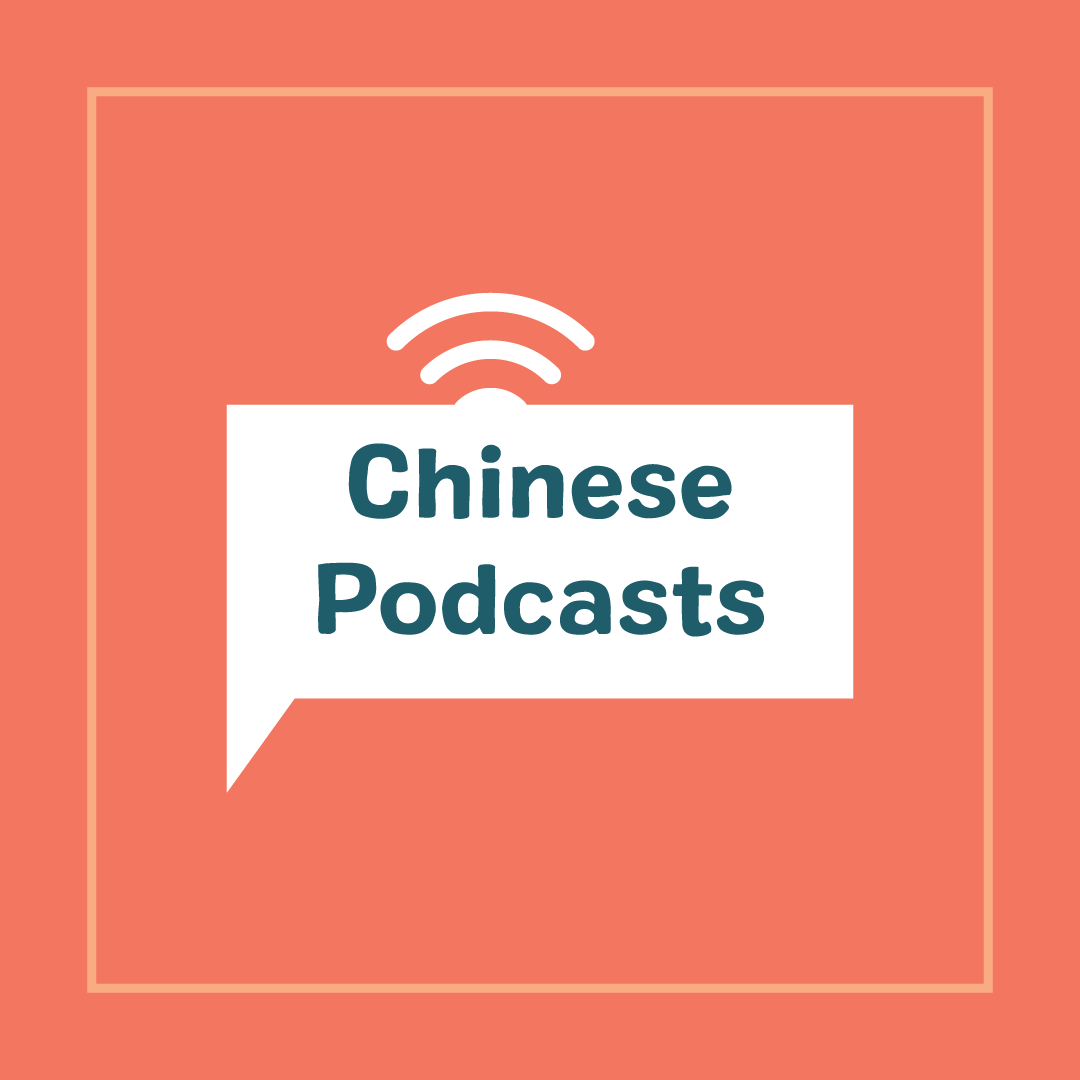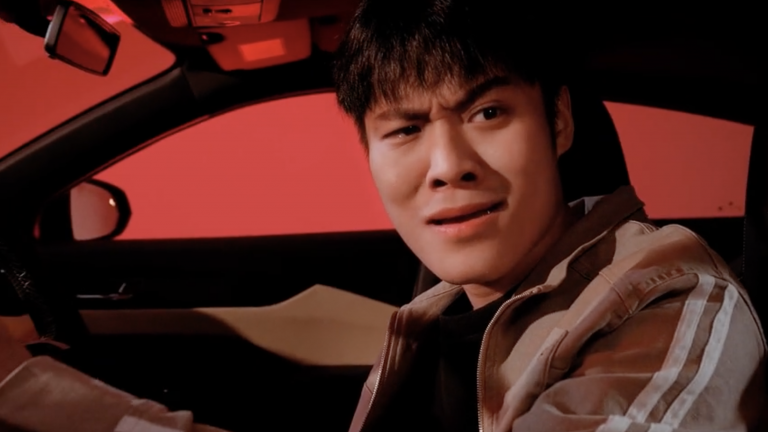We saw a packaged yogurt showing this label:

We noticed on this label:
- the product registered trademark 简爱 (pron: Jian Ai, i.e. “Simple Love”);
- what seems to be a list of ingredients which can be translated as: raw milk, sugar, lactic acid bacteria, there is nothing else.
While the product brand “简爱” is clearly declared as a registered trademark ®, no such statement seems to be done for “there is nothing else”. It could actually be argued that – in the above picture – “there is nothing else” is not used as a trademark, but just as a common sentence, a voluntary claim.
Simple Love is a Chinese yoghurt brand by Guangzhou Pucheng Dairy co. Ltd, which built a strong market positioning on a clean label strategy since 2015. Its ingredient list includes only milk, sucrose, lactic acid bacteria and …. “there is nothing else”.
Curious, we digged more into this label and we discovered that what was a product concept then became a marketing slogan and finally became a trademark.
In fact Pucheng applied for trademark registration on the sentence “其他没了” (pron: qita meile), meaning “there is nothing else”. Registration was indeed granted with the number 16926255 in class 29, covering the following goods: Jelly;Dried edible fungi; Tofu products; Milk products; Fish food; Canned fruit; Snack mainly with fruit and vegetable; Pickled vegetables; Eggs; Meat; Edible oils and fats; Green salad; Milk drinks (mainly milk); Rice milk (milk substitute); Yogurt
We were fascinated to analyze it from various legal angles: trademark protection, food regulatory, consumer protection. We share here some comments.
Are negative claims allowed?
Currently, “no-additive” claims (or similar) are not forbidden, however they shall reflect and absolute “zero” amount in the product – no maximum threshold is allowed for those claims.
At the same time, these claims are widely used in the food industry, many times in misleading or fraudulent way.
Authorities in general have a very suspicious approach towards these claims, and actually it is reasonable to think that – very likely – those claims will be soon be officially forbidden. In fact – under the current draft of new GB 7718 released on December 2019 for public comments:
4.4.2.1 When using “no” or “not contain”, the content of such ingredient or component shall be 0. If regulated in other lawful statement, regulations, or food safety standard, shall comply along. Food additive, contaminant, substance not allowed to add per regulation or standard, or substance ought not to exist in food product, is not allowed to use word or phrase such as no, not contain, or synonyms to make claims.
Same scenario for negative claims for a common ingredient (in this case: “sugar”): today it is allowed if there is absolute zero; tomorrow very likely it will not:
4.4.2.2 Expressions such as “Not added”, “not used”, or synonyms are not allowed. If those expressions are regulated in other laws, regulations, or food safety standard, they shall comply with such provisions.
Other kind of negative claims are allowed at specific conditions – for example, nutritional claims of “0 sugars” can actually be used if the content is not more than 0.5%.
Can a negative claim be registered as trademark?
It is obvious that one word or a combination of words can become a trademark. Nevertheless, slogans in China (and not only) are not easily approved for registration as trademarks.
According to the PRC trademark law, a trademark cannot be registered – amongst other reasons – if:
- it has nature of fraud, misleading the public about the characteristics of the goods such as the quality or the place of origin; or
- it lack distinctiveness; or
- Where it only directly indicates the quality, principal raw materials, function, use, weight, quantity or other features of the goods.
In this case, we can consider that it is at least controversial whether “there is nothing else” satisfies the conditions for trademark registration: it seems a common sentence, rather than a distinctive trademark; and the content may potentially be misleading (the claim is vague, it does not clearly specifies what else exactly is missing).
This trademark application was indeed initially rejected on the grounds of lack of distinctiveness, and registration was granted only after appeal in 2017.
“There is nothing else” is widely used on the presentation and packaging of all Simple Love’s products.
It is used for flavored and non-flavored yoghurts, and it implies to lack not only of additives, but also of sugar (in non-flavored yoghurt) and more in general in lack of any ingredient not declared on the label. This may add a potential misleading and/or descriptive note to the trademark, for the reason that – by law – any ingredient present in the final product must be labeled (and obviously, what is not labeled shall not be in the product).
Challenge by consumers
The website www.Caixin.com.cn published a very interesting article on this topic, in which it also compared Simple Love’s yogurt with other similar products, “Herun” yogurt (another “no-additives” yogurt) and “San Yuan” yogurt (just an ordinary yoghurt). Simple love sells for almost 2-3 times more expensive and it has the highest fat content (4.5 %, versus 3.1% of San Yuan and 3.6% of Herun).
Simple Love has used very direct comparison with other “ordinary” yoghurt (which also use other additives ingredient such as cream, edible flavor, milk powder and other additives such as sodium citrate, glyceryl monostearate):

Chinese regulatory allows a rather narrow range of food additives in original taste (i.e. non-flavored) yoghurts (such as propylene glycol esters of fatty acid, propylene glycol alginate, phosphoric cide, nisin); on the other hand, flavored yoghurt allow a much broader range of additives.
When some consumers started to complain that the claim may be misleading, and that additives such as thickeners may actually be hiddenly used in this product, the brand published on its wechat account a reply statement that “there is nothing else” is a registered trademark that truthfully reflects the clean-label philosophy of the brand, and also showed an analysis report by a qualified laboratory showing that additives such as benzoic acid, sorbic acid, aspartame were declared as “not detected” in the product.
Consumers then argued that “not detected” is not equivalent to “absolutely not added “, or that those reports only showed results for some additives, but other additives might potentially be used. This could be in theory a good point; however, in practice, market supervision authorities would accept as sufficient the report provided by the brand, which would shift the burden of the proof to the consumer.
On the other edge of the spectrum, famous Chinese food industry analyst Mr. Zhu Danpeng criticized the “there is nothing else” marketing by Simple Love “The quality of yogurt has nothing to do with the use of additives. As long as the additives are used within the standard range, they are actually safe. The quality of yogurt mainly depends on factors such as the quality of the milk source, the level of protein, and the time interval between raw milk and yogurt…Taking the stabilizer as an example, the common starch, pectin, xanthan gum, etc. in the yogurt ingredient list are all stabilizers, and are also all natural ingredients. Adding stabilizer to the stirred yogurt can avoid the milk separation product during storage and transportation with no harm”.
Is registering a (forbidden) claim as a trademark a smart way to move?
In general, as we have seen above, it is very difficult that trademark protection can be granted to a food-claim.
Other similar applications by Pucheng were in fact rejected, such as:
- 其他没了 in class 5, 35, 32;
- 其他没了 研究所 in class 29,
- 无他 in class 32
- 0 % in class 29
- Naked in class 30 and 32
However, as we have seen, one application was eventually successful.
If a judge would consider a claim such as “there is nothing else” as misleading, the producer or the seller might have to pay high punitive damages to the consumer – depending on the judge interpretation, up to 300% or to 1000% of the price paid by the consumer.
However, they may defend themselves by arguing that it is just using a registered trademark, officially approved by China Intellectual Property Office, which they have the right to use. Would this suffice to disclaim the brand?
The answer – of course – is very hard to predict. Certainly, the trademark protection granted to the claim would be a very strong base for the brand to defend itself. At the same time, the trademark should be recognizable and distinctive as such, which in the example above was not the case (the trademark was actually disguised as a common sentence/claim).
Even if granted, a trademark such as “there is nothing else” is also at risk of invalidation procedure without time limitation as it may be considered misleading, or non-distinctive, or in breach of the law (if and when the new GB 7718 will enter into effect).




